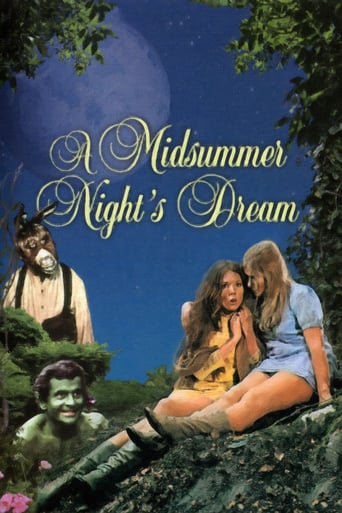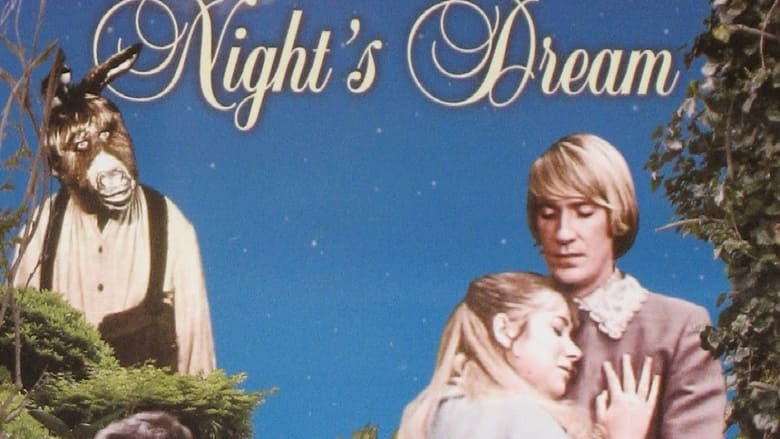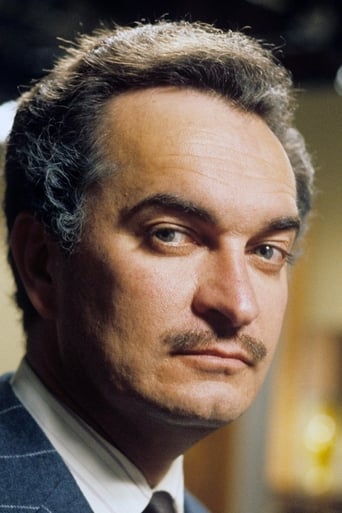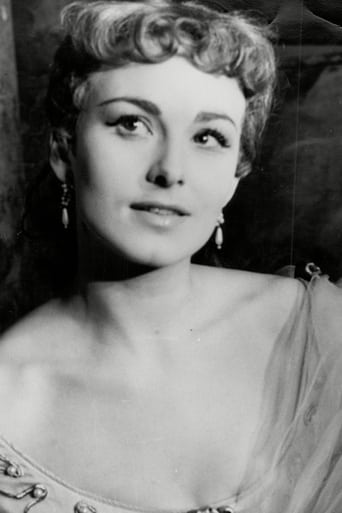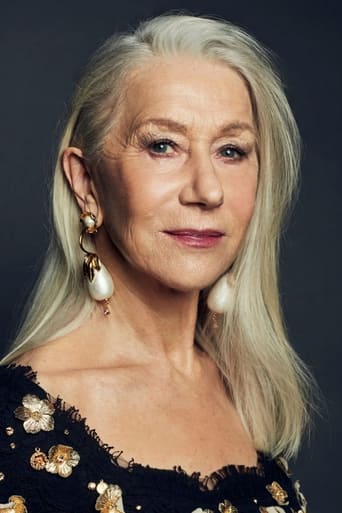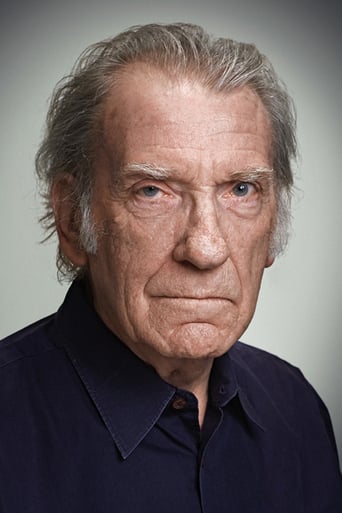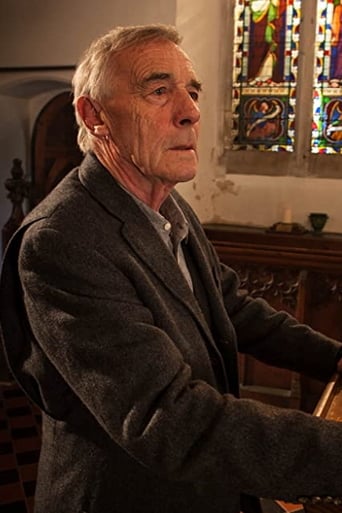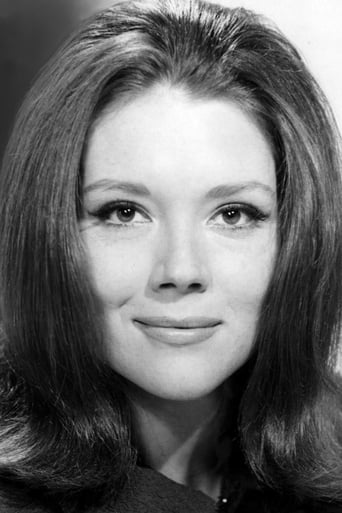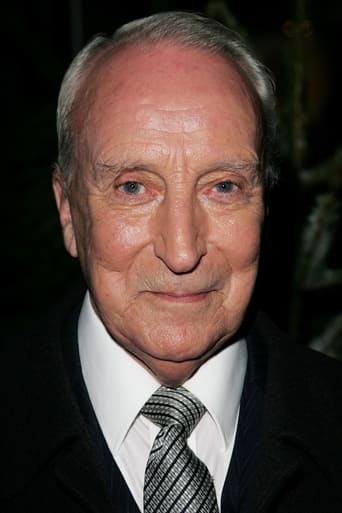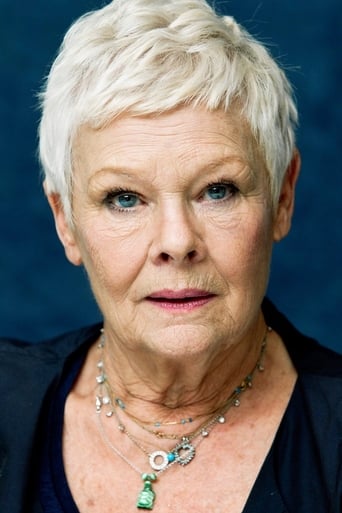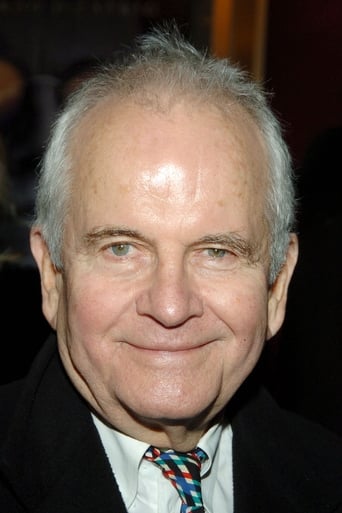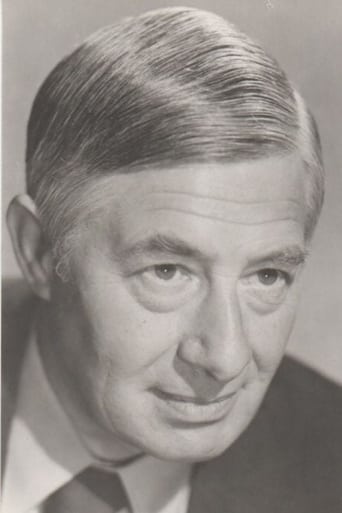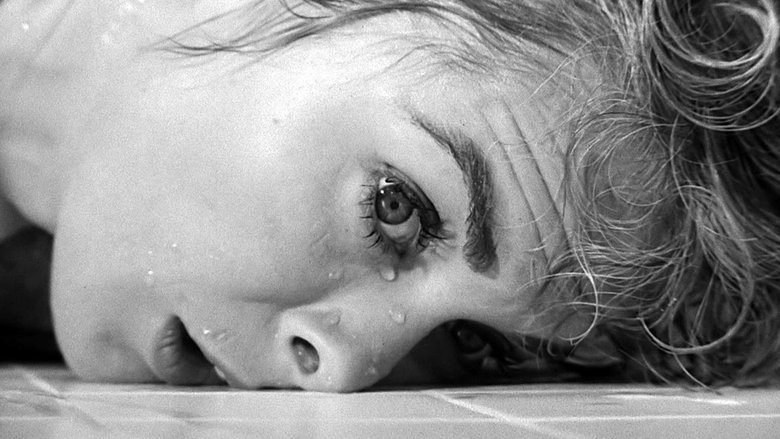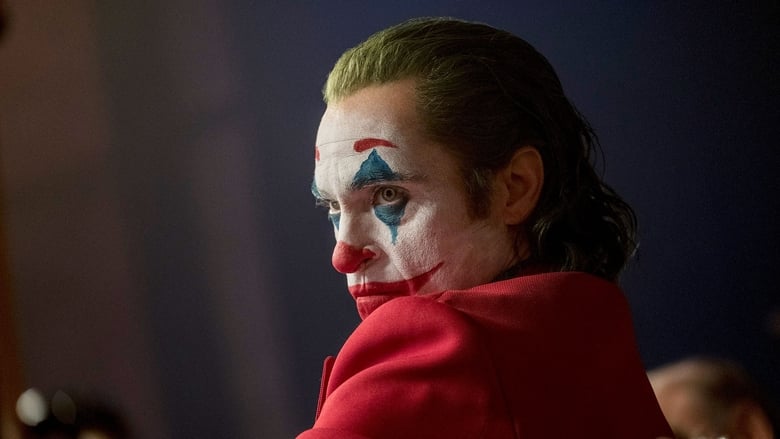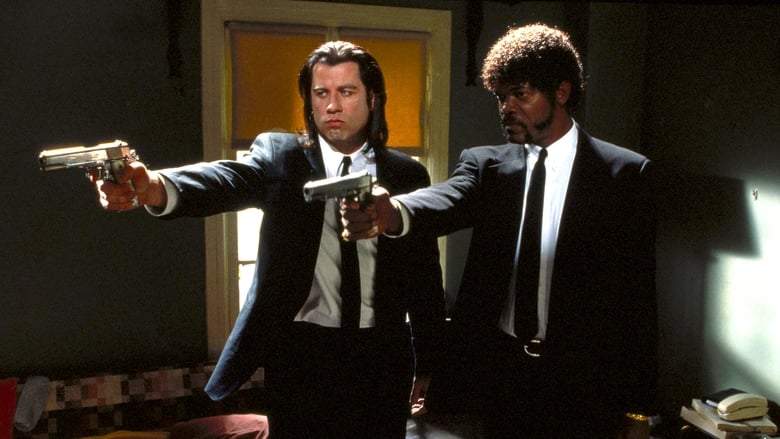Peter Hall's film adaptation of Shakespeare's comedy, filmed in and around an English country house and starring actors from the Royal Shakespeare Company.


Similar titles

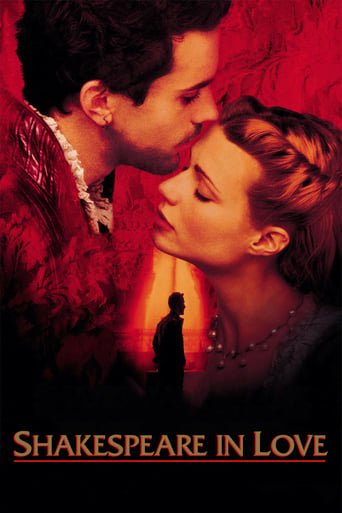
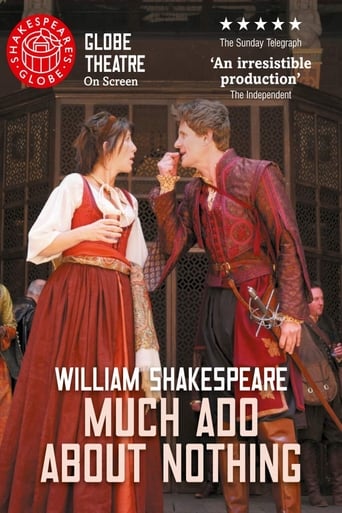
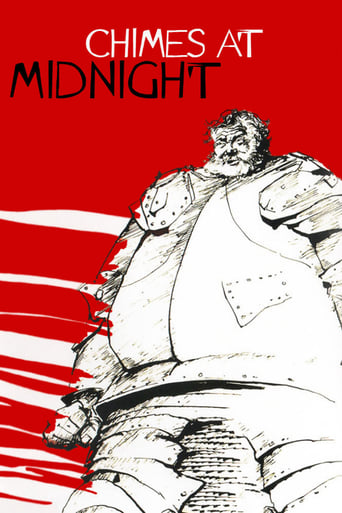
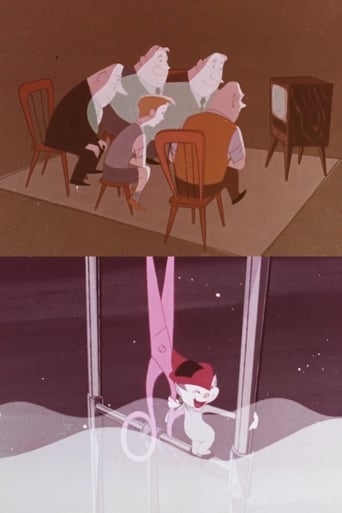
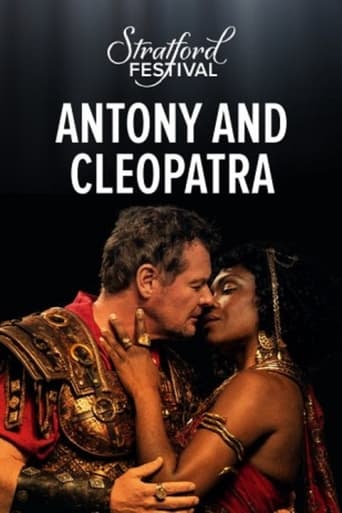
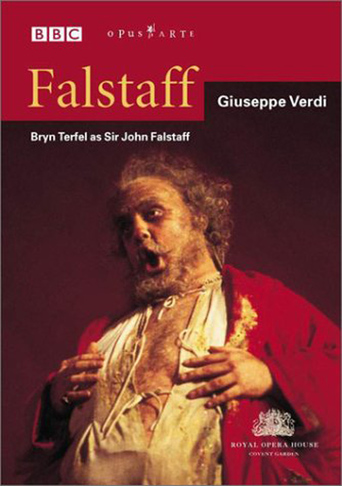
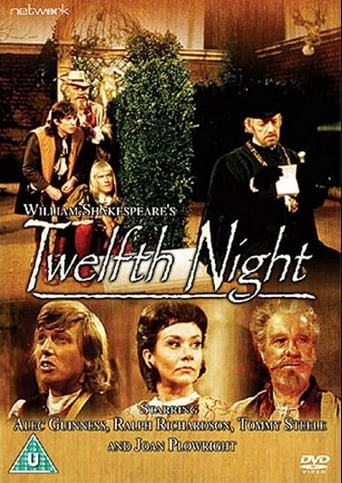
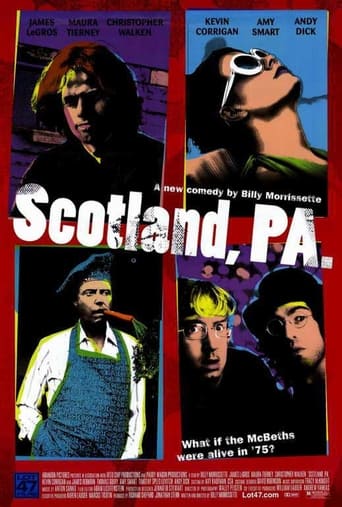
Reviews
Shakespeare's A Midsummer Night's Dream (1968) was directed by Peter Hall for the Royal Shakespeare Company. It features some truly great actors: David Warner as Lysander, Diana Rigg as Helena, Helen Mirren as Hermia, Ian Richardson as Oberon, Judi Dench as Titania, and Ian Holm as Puck.MND is a perfect play for film. This MND was directed by a highly talented Shakespearean director, and had brilliant casting. It had to be great, right? Wrong. First of all, this is--literally--the worst print I've ever watched. As another reviewer pointed out, it looked as if it had been decaying in a dank basement for 40 years. This isn't Abel Gance's "Napoleon," patched together from various sources and very, very old. This film was made in 1968! How could RSC release a print like this?Another problem--contemporary costumes. Midsummer Night's Dream is supposed to be set in Athens, but everyone knows that it really takes place in England, and most directors set it in Elizabethan England. That's probably how people saw it in Shakespeare's time, and that setting will always work. Hall set his play in "contemporary" England. The problem is that "contemporary" costumes look very dated after 50 years. So, seeing the women actors in miniskirts and go-go boots looks really, really funny.Most of the play is set in a forest, and the young actors get lost, stumble about, fall into streams, etc. OK--so we don't want the young women to look like they just stepped out of a bath. But, director Hall has smeared their faces with mud. We can't really see them anyway, because of the print, but what we can see looks like Diana Rigg and Helen Mirren prepared for a commando raid. Was it really necessary to hide the actors' faces?The movie is true to the text, which is good, but there's so much hand-held camera work, and so many jump-cuts, that nothing hangs together. My wife and a friend both gave up after the first half-hour, saying that the film was too painful to watch. I watched until the end, so that I could write this review. I love Shakespeare, and I love MND, but I don't love what Hall did with it. It's more like Midsummer Night's Nightmare. What a waste of talent!
The first thing to be said about this version of the Dream play is how really mediocre the DVD transfer is--it is very much in need of restoration--jumpy, often dirty, and terribly faded; that said, perhaps the effort of restoration could be better alloted to something like Von Sternberg's Shanghai Gesture or the original Front Page--something more worthy.It's amazing how much more dated this version of Shakespeare's romp is than the often stunning 1935 version with it's perfect Puck in Mickey Rooney and its lush dreamlike imagery. This version attempts to be far too 1960's "with-it" using hand-held cameras, jump cuts, mini-skirts, featuring children that look as if they were plucked from the cast of Hair.The positives--and very positive: Seeing a very young Helen Mirren, Judi Dench, and Diana Rigg, all totally competent even then, interacting with a mostly able cast, and a script which clearly utilizes almost all of the dialogue. This is doubtlessly a more worthy effort than the ghastly, childish romp made in 1996 by Adrian Noble, but for my taste, the most recent version with Michelle Pfeiffer, Stanley Tucci, and Kevin Kline (as a perfect Bottom), and the early Warner version with Rooney and Cagney, while both lacking in some departments, are far more enjoyable; both capture a good deal of Shakespearean spirit good for any decade. My low rating is given partly because it's hard to watch, not because of the overall acting or content.
Strong direction and a superb cast make Peter Hall's 1968 version of William Shakespeare's comedy A Midsummer Night's Dream my favorite version of the film, and one of my favorite Shakespeare adaptations of any film. (I understand that the DVD release does not do justice to the film, so if you are renting, I would suggest the VHS version). The film is performed by the Royal Shakespeare Company and the cast is composed of superb actors, many of whom did not become stars until years later. These include: including Judi Dench as the Fairy Queen, a scantily clad Tatania, Diana Rigg as Helena, a young Helen Mirren as Hermia, the lover of Lysander (David Warren), Ian Holm as the inimitable Puck, Paul Rogers as the most believable Bottom I've seen, and Ian Richardson as the Fairy King Oberon.While the film had a limited budget, the clarity of its presentation may be one of the few adaptations of the Bard that doesn't need subtitles to fully appreciate Shakespeare's poetry. As far as the story, it is a light-hearted and enchanting comedy that uses magic to create a mysterious, mystical atmosphere,. Shakespeare populates the woods outside of Athens with mischievous, but good hearted fairies who mistakenly create unnecessary conflict, then make amends. The supernatural is the essential element that runs throughout the play and Shakespeare uses magic both to confuse the characters, and then resolve their bewilderment. Each character experiences the magic differently. Bottom finds his wondrous dreams to be magical, while the lovers, arguably the most impacted by magic, remember it only as a bad dream. Titania finds magic in her love of a little boy, and Oberon embraces the magic of the supernatural elements in the seemingly natural world. In this play, Shakespeare suggests that the world of the magical fairies is not separate from nature, but a part of it, even though Hall separates the fairies from the rest of the characters by depicting them in shades of green. A Midsummer Night's Dream also displays the author's knowledge of Greek mythology by characters such as Theseus, the Duke of Athens, a mythical founder-king of Athens, and his bride Hippolyta, an Amazonian queen who owned a waist belt that signified her authority as queen of the Amazons. Additionally, two other characters, Oberon and Titania, can be seen as similar to Zeus and Hera, and Puck can be compared to Eros, the Greek god of sexual love and beauty with the flower that Puck puts on characters' eyes is comparable to Eros' golden arrows. The play also owes a large debt to Ovid's "Metamorphoses," likely used in the translation by Arthur Golding, the uncle of Edward de Vere, the Earl of Oxford. The early 20th century delineator of classical mythology, Robert Kilburn Root, says that the whole character of Shakespeare's mythology is essentially Ovidian and that "Shakespeare himself has shown that he was proud to be Ovid's successful ape." As in Ovid's use of a story-within-a story, Shakespeare uses the tale of Pyramus and Thisbe as a play-within-a play for entertainment at the wedding of Theseus and Hippolyta, a rollicking good time. Metamorphosis, a theme central to Ovid is clearly represented by Bottom's transformation into an ass. "Man is but an ass if he go about t'expound this dream," he says, unable to fathom the magical happenings that have affected him as anything but the result of sleep. Shakespeare is also interested in the actual workings of dreams, in how events occur without explanation, time loses its normal sense of flow, and how the impossible occurs as a matter of course. One aspect of the play, not often noted, is how Shakespeare's depiction of women challenged the convention of the time. Hippolyta's role in her relationship with Theseus is striking. The fact that she stands up to Theseus when she disagrees with him in Act V is extremely significant. In Shakespeare's time, it was common practice for the wife to be the submissive, silent partner in a relationship. Hippolyta's first words in the play evidence the prevalence of dreams ("Four days will quickly steep themselves in night, / Four nights will quickly dream away the time"), and various characters mention dreams throughout (Act 1, Scene 1). Animal spirits also pervade the play, including references to owls, ravens, and spiders. In Act 2, Scene 2, Puck delivers a charm to protect the sleeping Titania from tiny creatures common in England associated with the fates, the weaver of illusion, and the women who wove the threads of life, all harmless, though once thought to be venomous."Weaving spiders, come not here; Hence, you longlegged spinners, hence! Beetles black approach not near; Worm nor snail, do no offence."At the end of the play, Puck extends the idea of dreams to the audience members themselves, saying that, if they have been offended by the play, they should remember it as nothing more than a dream. In spite of being a product of the 60s with its mini-skirts and boots, A Midsummer Night's Dream has a fresh and contemporary look and audiences of today would feel right at home with the film's use of jump cuts, and and-held camera (presumably a debt to director Richard Lester). It is a "feel-good" story that is neatly resolved but I certainly would not have wanted it to be any other way, and I suspect Elizabethan audiences would not have either.
How do you take a play by Shakespeare, a talented cast, and then stage, shoot, and edit it so horribly? It suffers from the 1960's avant-guard compulsion to shoot everything hand-held, including static close-ups. The film has been edited to be almost entirely in close-up, hardly ever giving us a visual rest with a medium shot or wide-shot. Very static staging -- which again makes me wonder why they felt compelled to shoot hand-held all the time. The best thing you can do with this production is cover the screen and just listen to the language. Diana Rig is one of my favorite actresses (what adolescent boy of that time didn't have dreams about Ema Peel?) but she is totally wasted here. I hate to continue trashing this film, as I think I've said all there is to be said concisely already.
